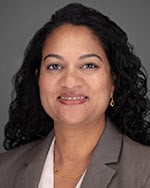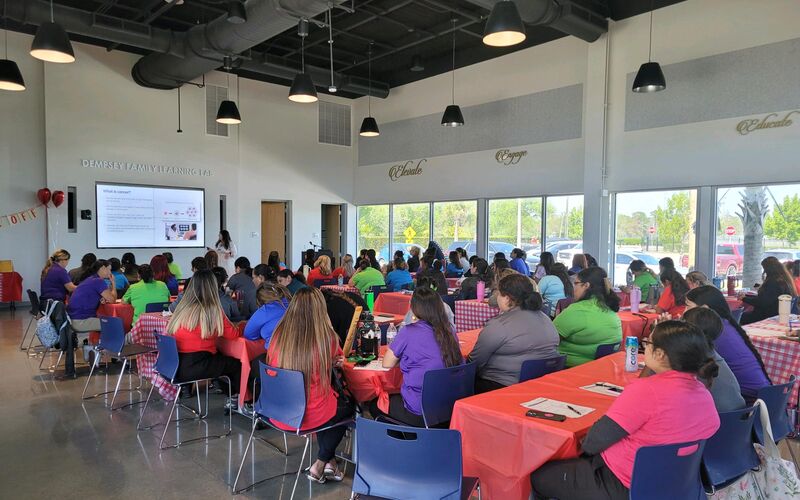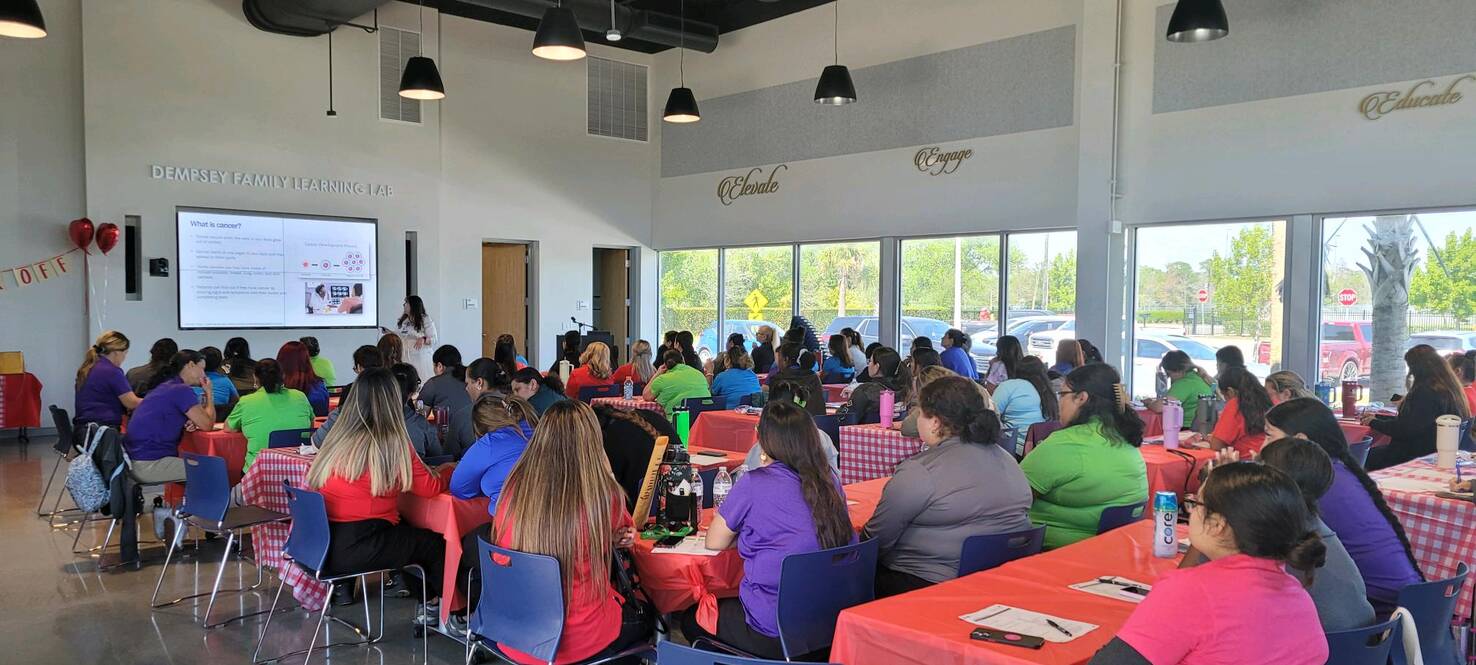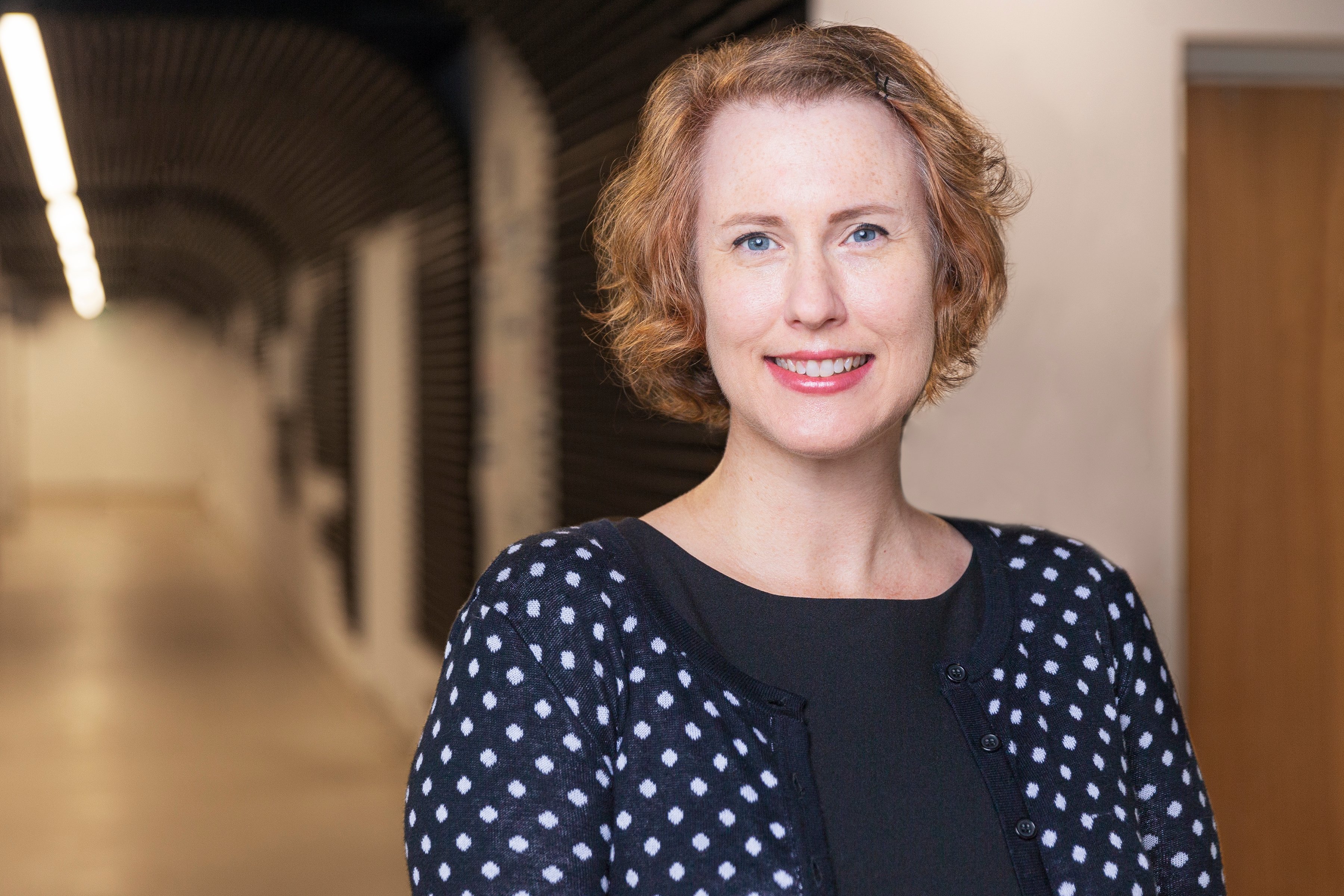Spreading Education, Awareness Around Clinical Trials
Providing access to potentially lifesaving clinical trials is a major component of Moffitt’s mission. However, many populations continue to be underrepresented in cancer clinical trials, furthering the challenges posed by health disparities. Moffitt Cancer Center is working to change that through the ACT WONDER2S study.
Beyond the physical walls of the cancer center, the ACT WONDER2S team has been laying the groundwork out in communities to raise awareness among patients and community residents, as well as connecting referring physicians with Moffitt trials. Outreach efforts launched in September 2024, with a team of four health educators hosting 12 clinical trial education sessions across nine counties, reaching 210 individuals. These hourlong sessions provide straightforward information on what clinical trials are, the myths surrounding them and why participation of all communities is so important. The sessions are hosted in partnership with community centers, library systems and YMCAs in areas with higher populations of Black and Hispanic residents because these are the most underrepresented populations in clinical trials.

“We want to reach people in their own communities by partnering with community organizations. This allows us to provide information about clinical trials that addresses facts, creates trust and helps people consider both benefits and risks,” explained Susan Vadaparampil, PhD, associate center director for Community Outreach and Engagement. “Early data from our efforts show increases in familiarity with clinical trials, clinical trials knowledge and intentions to seek out information about, discuss or participate in clinical trials following these sessions. This is encouraging and shows that these community-based efforts are one way we can bring critical information and potentially lifesaving new treatments to all communities.”
The ACT WONDER2S study, funded by the National Cancer Institute, also aims to inform Moffitt and community physicians about ways to design, connect and monitor trials to ensure that they reflect the patients in the community. Vadaparampil worked with Steven Eschrich, PhD, in Moffitt’s Biostatistics and Bioinformatics Department, and his team to develop four digital tools for Moffitt physicians and clinical research coordinators to understand the breadth of active clinical trials at the center, determine the impact of trial design on access and identify when populations may be underserved. The team also worked with community physicians to develop a novel tool to help these doctors identify potential clinical trials and connect them with Moffitt trial coordinators, enabling rapid referral of community patients to clinical trials.
“We know clinical trials are the future of cancer care, so we are working both within Moffitt and in the community to broaden access to these breakthrough treatments,” Vadaparampil said.




